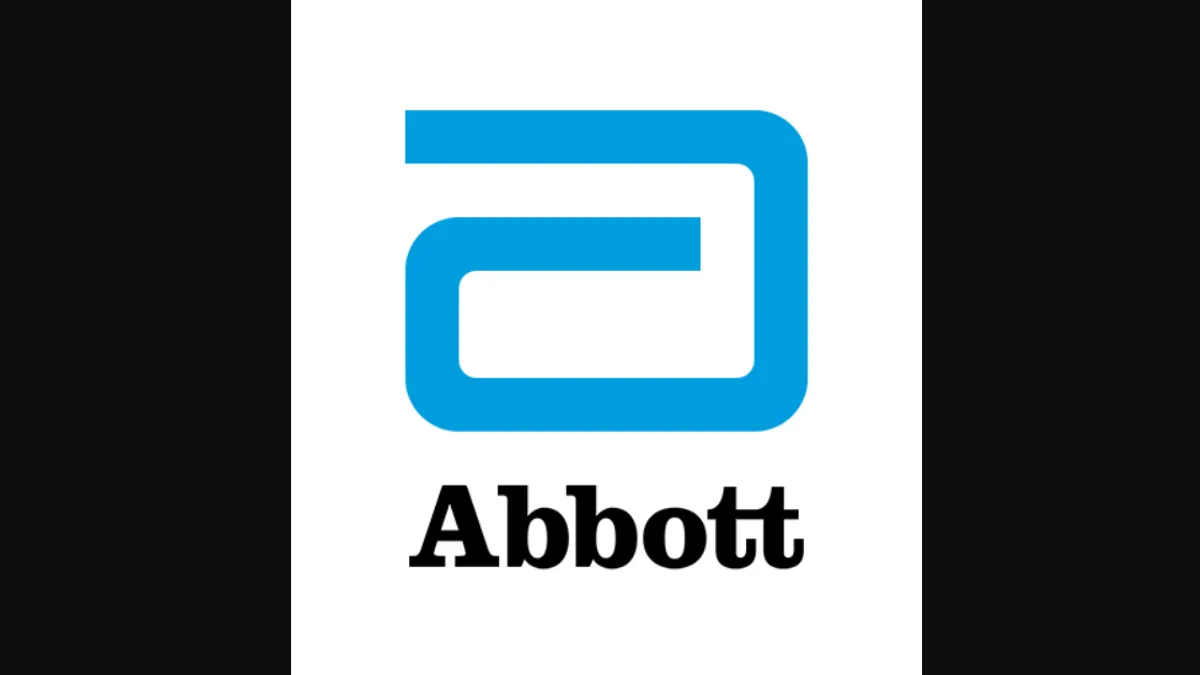Dive Brief:
- CMS expanded coverage of mitral valve transcatheter edge-to-edge repair procedures, previously known as transcatheter mitral valve repair, to include patients with symptomatic moderate-to-severe or severe mitral functional regurgitation, also called secondary MR. The move significantly grows the U.S. patient pool eligible for coverage.
- The finalized national coverage determination (NCD) was released Tuesday after delays throughout 2020. Abbott Laboratories stands to immediately gain from the reimbursement change as the leader in the mitral valve market and its MitraClip device is the only transcatheter mitral product available in the U.S.
- Wall Street analysts painted Abbott as the "clear winner" of the NCD but added that the decision may not have a meaningful impact among investors. "We see today’s announcement as unlikely to materially change investor sentiment given a positive NCD decision was all but assumed after the proposed rule, but we still view today's update as an incremental positive following several missed deadlines in 2020," J.P. Morgan analysts wrote.
Dive Insight:
CMS' decision comes after continual delays throughout 2020, some of which analysts said were due to new priorities brought on by the coronavirus pandemic. The coverage delay was a surprise to Abbott. The company ramped up manufacturing of MitraClip in anticipation of obtaining reimbursement in the second quarter of last year.
MitraClip was previously covered for only degenerative MR, and now broadening coverage to include secondary MR should double or even triple the U.S. patient pool for the device, according to Cowen analysts.
"While the COVID-19 pandemic caused administrative delays to the issuance of the new NCD, it in no way dampened physician enthusiasm for functional/secondary MR as a covered indication," the Cowen analysts wrote. "We therefore expect MitraClip's strong sales growth to continue, especially as the COVID-19 crisis wanes."
Abbott praised the decision in a Wednesday statement, also projecting that the secondary MR population is about two to three times the size of the degenerative MR population.
Abbott is leading what is considered to be a growing and under-penetrated mitral valve market. Edwards Lifesciences, which is known for its transcatheter aortic valve replacement business, estimates the mitral and tricuspid market to grow to about $3 billion by 2025, a projection that analysts have mostly agreed with. J.P. Morgan called the mitral market an $18 billion opportunity, but the analysts did not give a projected date for hitting that mark.
Edwards is developing a mitral valve repair product to compete with Abbott, called the Pascal system; however, the device is only available in Europe and is not likely to hit the U.S. market until 2022 at the earliest.
Still, Cowen was confident that Pascal can successfully compete with MitraClip when it does launch in the U.S.
"We recognize that [Abbott's] multiyear dominance in transcatheter mitral valve repair creates a high hurdle for competitive devices, including [Edwards'] Pascal system," the analysts wrote. "However, the feedback we've received from physicians, including recently, from a U.S. key opinion leader with experience using both MitraClip and Pascal, supports our belief that Pascal...is a credible rival to MitraClip."
MitraClip brought in about $690 million of sales in 2019 for Abbott, and the product is estimated to bring in roughly $670 million in 2020, according to J.P. Morgan. The analysts expect the product to continue to generate about 20% global compound annual growth rate going forward.











